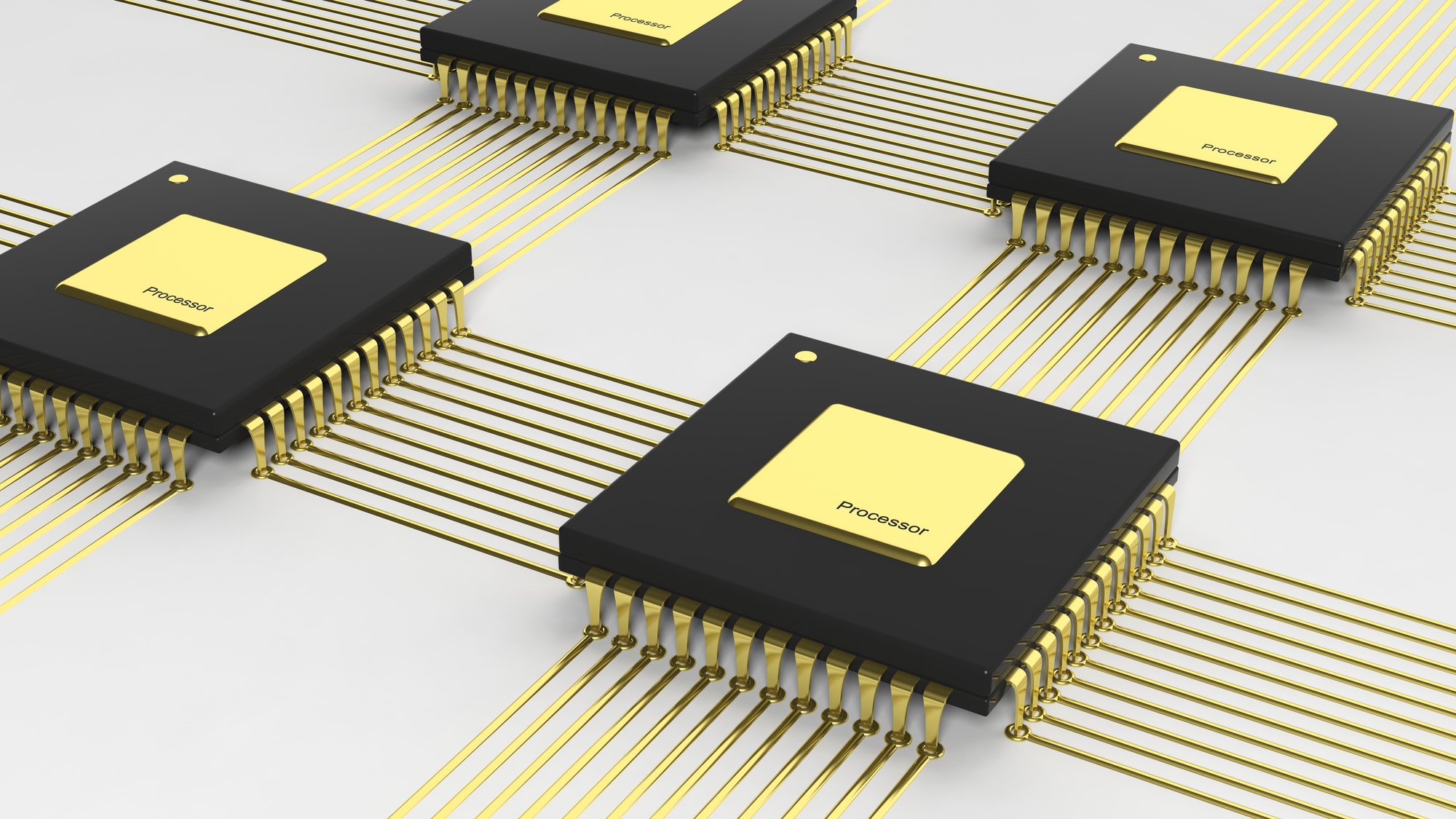Let’s Break It Down
The US government has put some tough rules on tech trade, and it’s hitting Nvidia, a big name in the gaming world. Because of these new rules, Nvidia has had to change up its game in China by selling a less powerful version of its GTX 4090 D gaming chip. We’re going to look into what this means for gamers, the tech market, and Nvidia’s future.

What’s Going On?
Nvidia’s Big Change in China
Nvidia’s GTX 4090 D chip in China isn’t as beefy as the ones sold elsewhere—it’s got about 10% fewer cores. This is all because the US made some new rules, and Nvidia has to follow them. They still want to keep their business in China, but now they have to do it with a less powerful chip.
How This Affects Chinese Gaming Tech
For Chinese gamers and tech lovers, this means the newest and coolest games might not run as smoothly. The chip’s downgrade is a pretty big deal in the gaming community and could change how games are played and developed in China.
What This Means for Everyone
Nvidia and the Global Chip Market
Nvidia is a heavyweight in the tech world, and this move could shake things up. Their decision affects how much money they make and how they stack up against competitors. Everyone’s watching to see how this will affect the global market for gaming chips.
China’s Tech Scene Reacts
People in China’s tech world aren’t just sitting back. They’re talking about how to deal with these changes and what it means for China’s own tech development. There’s a lot of chatter about becoming more tech-independent and pushing forward in innovation.
Wrapping It Up
All these new rules from the US are changing the game for Nvidia and the tech world. Nvidia’s shift in China shows how big policies can have real effects on our gadgets and games. As things keep changing, the tech industry is going to be front and center in this tussle over trade, technology, and who gets to be the top dog.

FAQ Section
What are the US restrictions on Nvidia’s gaming chips about?
The US government has imposed restrictions limiting the performance of certain high-tech gaming chips exported to China. As a result, Nvidia has modified its GTX 4090 D chip for the Chinese market, reducing its processing power compared to versions sold elsewhere.
Why did Nvidia modify the GTX 4090 D chip for China?
Nvidia modified the chip to comply with US regulations while maintaining its presence in the Chinese market. The modified version aligns with trade rules but has reduced performance capabilities.
How does the chip modification affect Chinese gamers?
The modification means that the GTX 4090 D chip available in China has around 10% fewer processing cores, which can affect the performance of games and applications. Gamers might notice less smooth gameplay or lower graphics quality compared to the original version of the chip.
What does this mean for Nvidia’s position in the global market?
Nvidia’s adaptation to the new regulations might affect its sales and market perception in China, one of the world’s largest markets for gaming technology. This move could impact Nvidia’s global valuation and its standing as a leading chipmaker.
How are people in China’s tech industry reacting to these changes?
There’s a mix of concern and motivation within China’s tech industry. While some are worried about the immediate impact on gaming and technology, others are spurred to focus on domestic innovation and reducing reliance on foreign tech.
Can we expect more tech restrictions like this in the future?
Given the current trends in international trade and technology policies, it’s possible that more restrictions or similar regulations could be implemented. The tech industry is closely intertwined with geopolitical factors, and changes in one domain often lead to reactions in the other.
What can gamers and tech enthusiasts do in response to these changes?
While individual gamers have limited influence over international policies, they can stay informed about the technology they use and support initiatives or companies that align with their values. Engaging in community discussions and staying updated with tech news are ways to be proactive.
Sources Bloomberg


